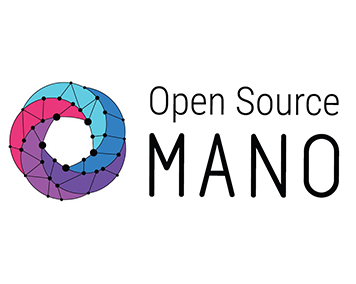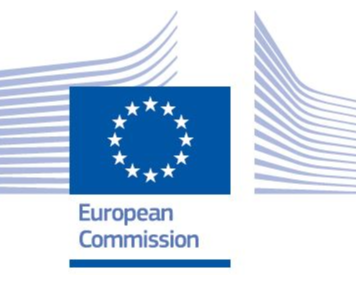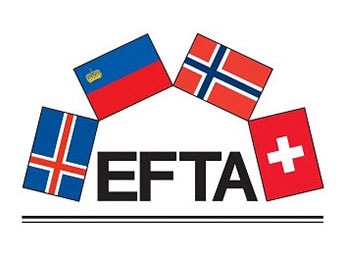ETSI's Centre for Testing and Interoperability and the OSM community organised this OSM Hackfest on 9-12 March 2020. The event was supposed to be hosted by Telefonica in Madrid, Spain, co-located with the OSM mid-release 8 meeting, however due to the outbreak of the coronavirus the event was held remotely.
IMPORTANT: The rapid outbreak of the coronavirus (COVID-19) in Europe and the travel restrictions already imposed by many companies impact the programme and attendance of the event planned on 09-12 March in Madrid. ETSI decided to maintain the event but it was held remotely.
Scope
This OSM Hackfest allowed new users to get familiar with OSM Release SEVEN and exercise all the new functionalities.
In addition, experienced users and developers had the opportunity to hack into OSM, build complex examples, fine-tune, test and demonstrate Release EIGHT or experimental features on the OSM Remote Labs network.
Objectives - OSM MR#8 Hackfest:
- OSM deployment on Kubernetes and self-monitoring of OSM Modules
- End-to-end Orchestration and life cycle management of real Network Services
- packaging, on-boarding
- day-0/day-1/day-2 configuration
- service assurance: monitoring and closed-loop operation
- Run Cloud-Native Network Services
- modeling different types of Network Functions: Virtual, Physical, Cloud-native and Hybrid
- deploying a Kubernetes cluster
- deploying and orchestrating a cloud-native network service with helm charts
- deploying and orchestrating a cloud-native network service with Juju bundles
- Automated placement of Network Services for optimized edge deployments
For the latest agenda please click on the link below where you will find further information:
Remote
Who attended:
- VNF vendors, who wanted to onboard their VNF in OSM following best practices
- System Integrators, who wanted to develop their expertise with OSM
- Service providers, who wanted to get first hand operational experience with OSM
- Academia and Universities, who were using or considering OSM as platform for their research activities in networking
- Experimented developers and users that wanted to share and test with the community
Prerequisites:
- Seats were limited, registration was mandatory
- Participants were expected to have user-level knowledge of Linux and be familiar with NFV and SDN concepts
- Laptop
- A remote environment was made available for participants, or they could install it on their own laptop, please follow the OSM Quick Start Guide. Main requirements:
- MINIMUM: 2 CPUs, 4 GB RAM, 20GB disk and a single interface with Internet access
- RECOMMENDED: 2 CPUs, 8 GB RAM, 40GB disk and a single interface with Internet access



